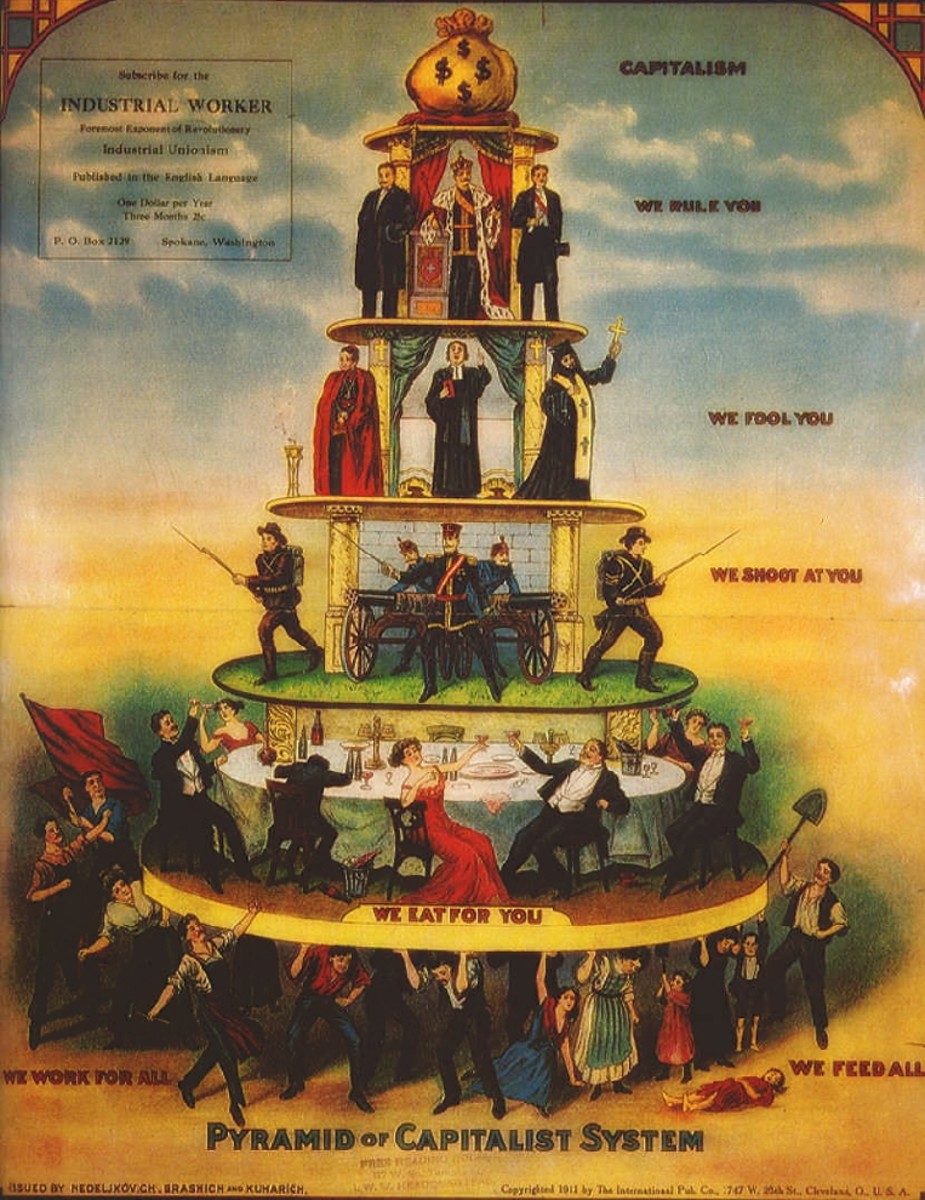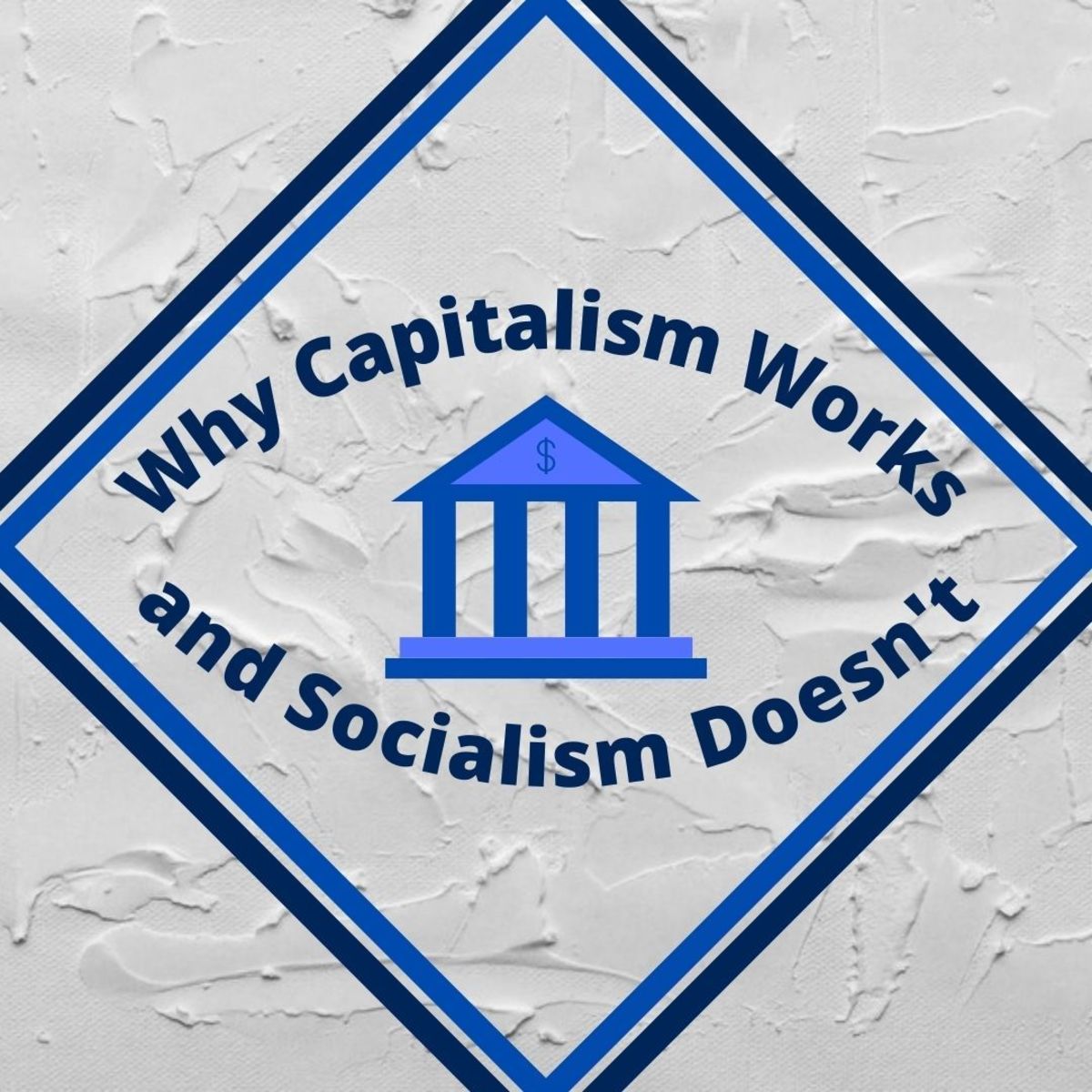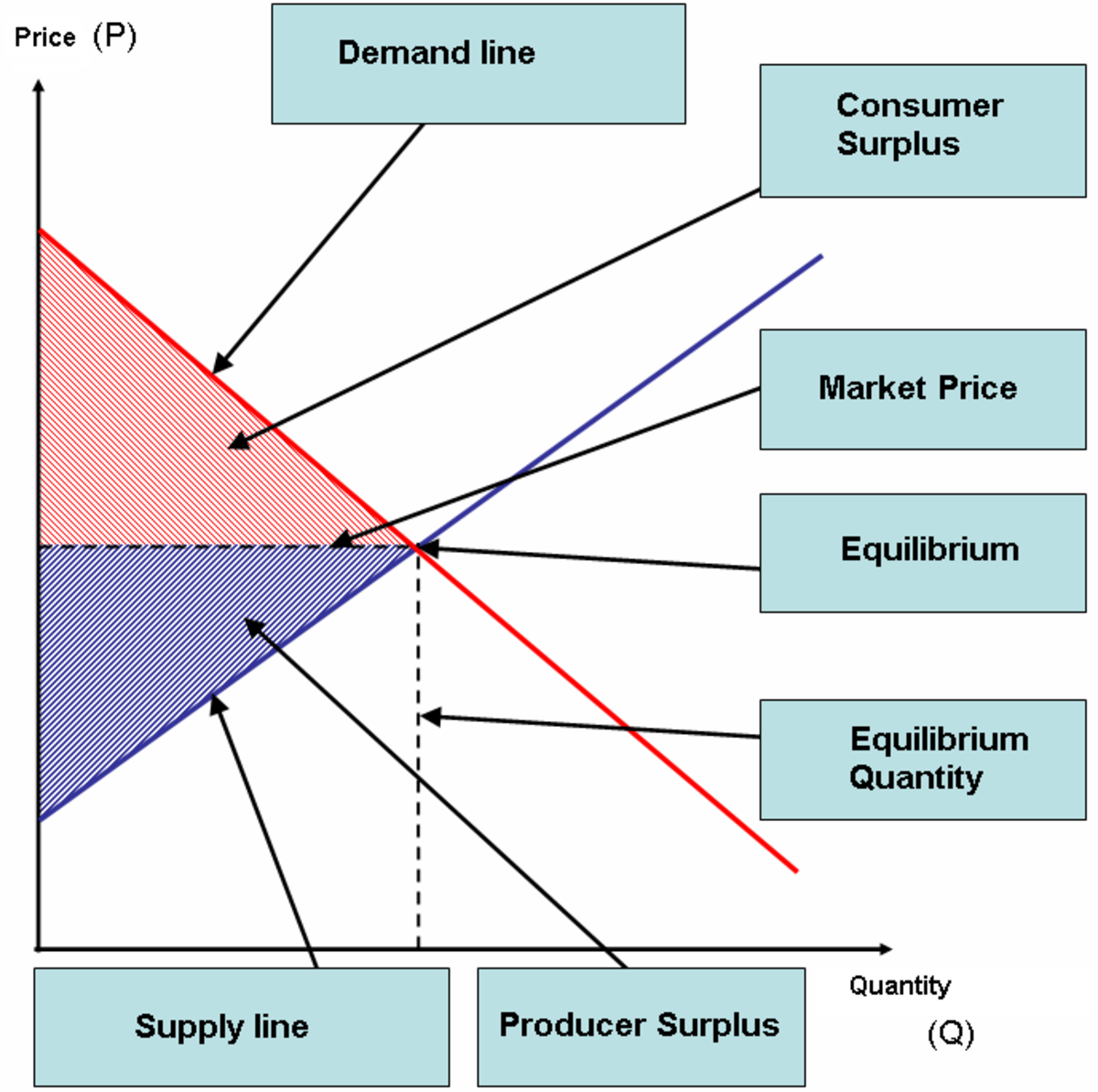Capitalism In One Word…As Defined By An (OWS) Activist & Free Marketeer

How do you define capitalism in one word? To an Occupy Wall Street (OWS) activist the word capitalism may conjure up images of an economic system of “give and take”—the capitalistic Gods “giveth” and the capitalistic Gods “taketh.” Why is it always the latter of the two that causes a mass apostate of young men/women to suddenly begin to impugn free market capitalist doctrines? If history, truly, does repeats itself, we’ve seen similar intractable groups emerge before in the late 60s and early 70s. What appears to be the driving force behind this generation’s grass-root movement is the same “five letter word” the activists—mostly situated in Zucotti Park encampments—would exclusively associate with Mr. Capitalism’s peril: greed. With such vast socio-inequalities in this country—i.e., the vast imbalance of wealth among the top 1 percent of income earner vis-à-vis the remaining 99 percent—the disgruntled socio-economical tirades, indeed, appears justified—but on what basis? Is it on the basis that hard-work, drive, initiative doesn’t supersede elitism, classism & nepotism? Is it on the basis that the free market capitalistic system has morphed itself into the problem and not the solution?

The Occupy Wall Street Movement...
The Occupy Wall Street protesters movement—as spear headed by both the anarchist and the extreme left-wing socialist utopian crowd—appears to be as much a study in mopish as it is in contrast: like my grandpaw use to say, “you ain’t got no time to be bitter towards the next man’s wealth, roll up your sleeves and hustle.” Maybe ‘ole grandpaw was on to something. As a hard working land owner—during the Great Depression—my grandpaw epitomized the notion of what it meant to be a budding capitalist in a sluggish economy. The thing that separate today’s nascent capitalist from yesteryear’s is this very same notion: the opportunity cost (the cost of a forgone alternative) of protesting, rabble rousing and nonconforming is forgone income working some type of labor-intensive job. Notice how the words “labor-intensive” are mentioned; namely, in a sluggish economy—a person who’s neither employed nor owns the factors of production (land, capital, labor)—is normally relegated to selling his/her labor to someone who does. A labor-intensive job is the direct consequence of an individual that hasn’t yet learned the art of playing the card game of capitalism with a full deck. The irony in all this newfound hoopla is the point at which the (OWS) protester’s antagonism becomes counterintuitive. Capitalism, as an economic system, represents nothing more than an ideology: the idea that individuals in an advanced economy are driven by this perverse desire for profit seeking is rooted in human nature; thereby the ideology becomes something larger than life itself. The (OWS) crowd is learning in an accelerated manner that it may be better to capitulate under capitalism than it is to castigate it.

A Free Marketeer’s Definition of Capitalism...
Capitalism is just what the Latin word caput (meaning head or individual) implies: it’s every individual(s) looking out for his/her own self-interest, “you go for yours, I’ll damn sure go for mine,” has been the 21st century version of it at least. Is it fair? No! But it wasn’t intended to be: the part that’s “unfair” about it—a.k.a, corporate greed, socio-economic imbalances, wealth distribution, plutocratic rule, etc—isn’t the workings of pure laissez faire market capitalism anyways. If you’ve read any of my previous hubs, you’d know how critical I am of the Federal Reserve and its illogical monetary policies: these same illogical policies trickled down to Corporate America during the bank bailout boom of 2008-2009 thereby corroborating the myth that capitalism—as an economic system—is based on corporate greed. Today’s Americans, (OWS) protesters, alike, aren’t in the dark anymore—bestowed with this generation’s technological gifts at hand—they’ve witnessed, first hand, how “big gov.” dished out moral hazards like it was a bad cold. In economics, a moral hazard arises when an incentive for taking responsibility for one’s bad deeds are removed. In a nutshell, it appears the government has allowed certain individuals/institutions to do things in the macro-economy with impunity—thus, issuing a license to dupe, defraud and steal from the American tax payers to the point of no resolve. So if the Fed dished out moral hazards to Corporate America, where does that leave the (OWS) crowd? It could be argued that “big gov.” has been setting bad precedent in this country for so long, that grass root movements like (OWS) have been long over due.
In conclusion, contrary to what most (OWS) protesters have been indoctrinated, capitalism isn’t a zero-sum game where one person wins and the other person loses. Capitalism, for better or worse, on many occasions rewards people who “just try,” thus as a system of economics—as oppose to the antithesis in socialism—capitalism writes like a story of human determination—i,e, the spirit within that never surrenders.








